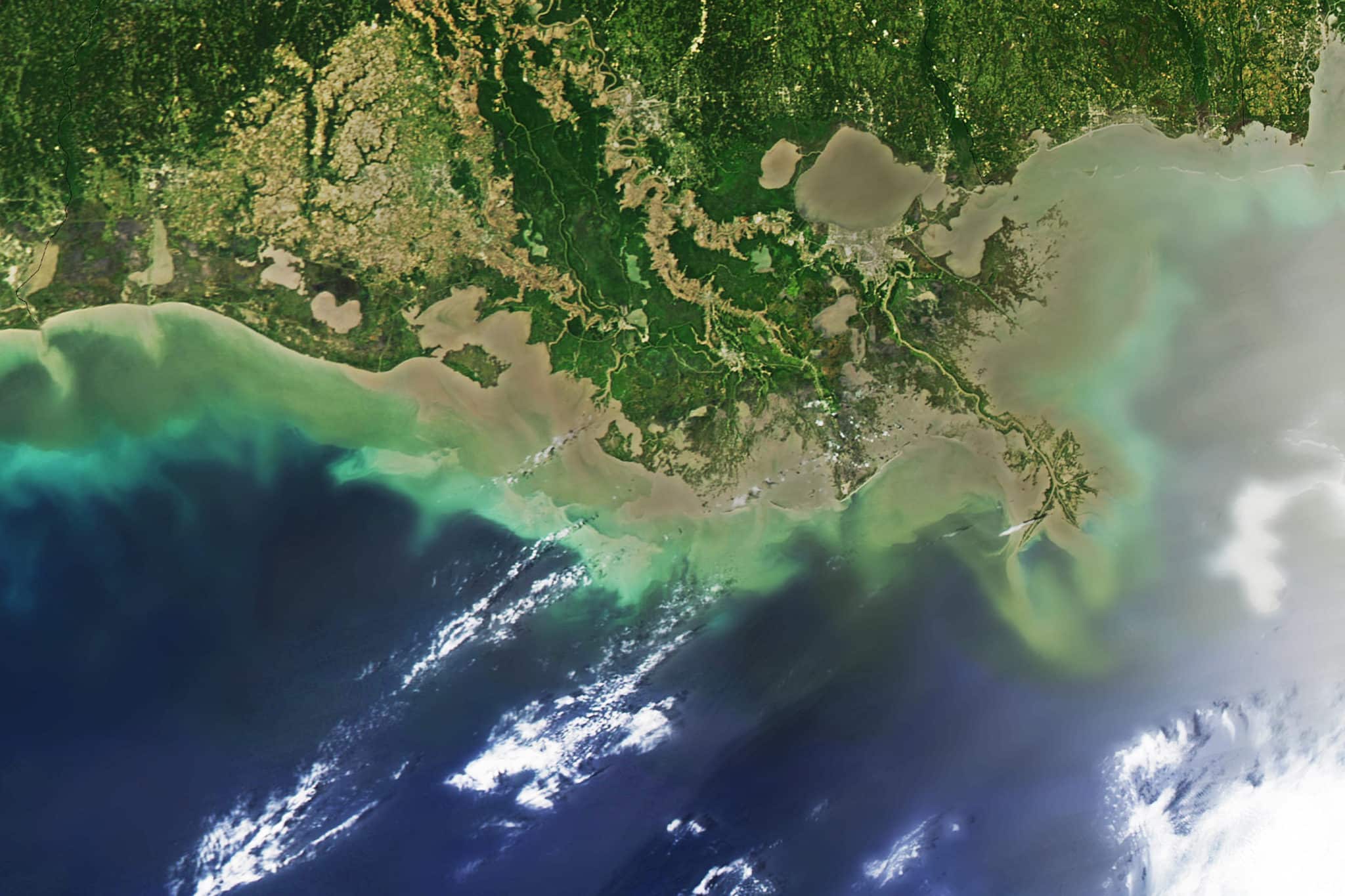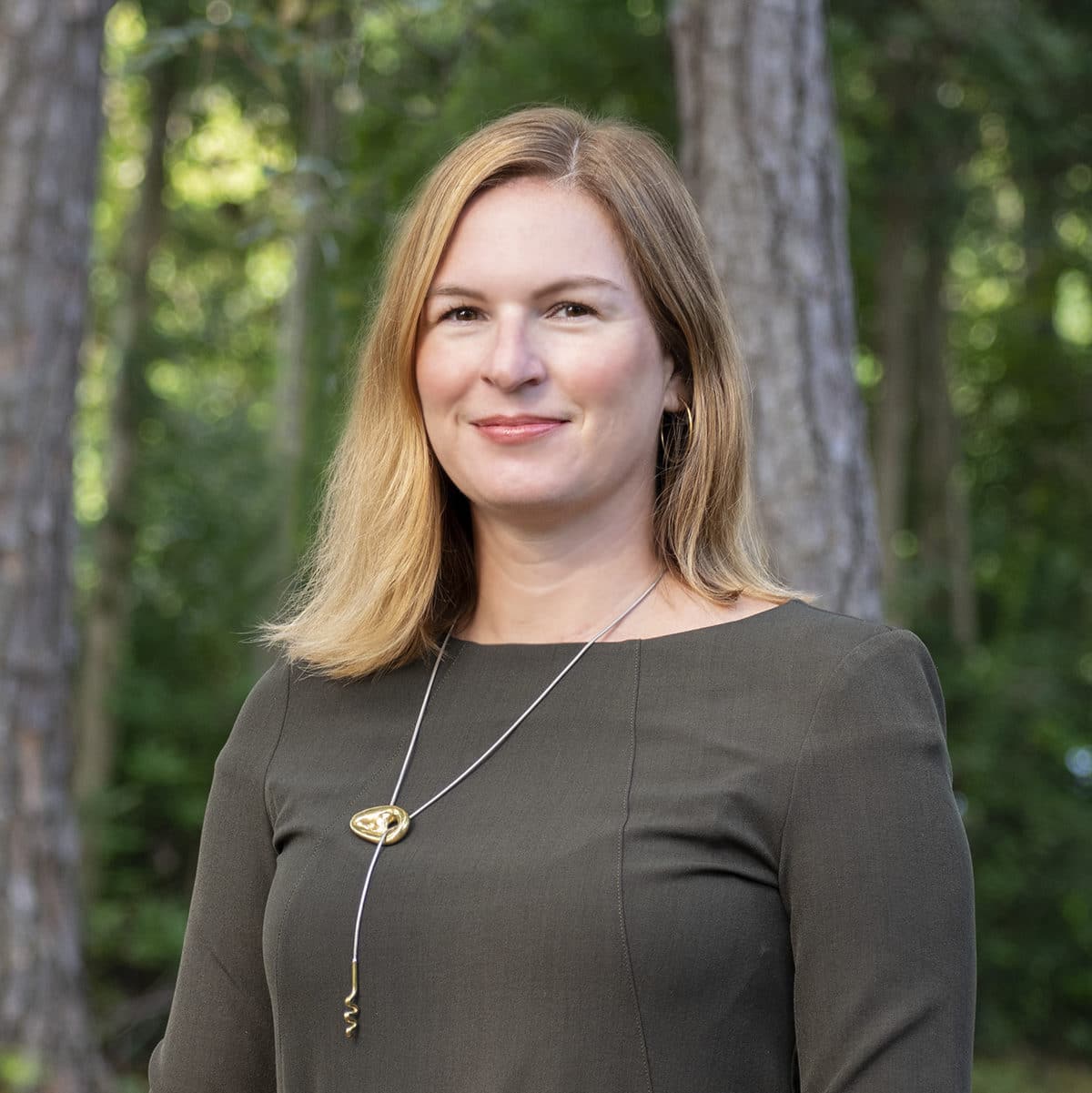Volkert’s senior program manager, Bethany Kraft, was recently published in the Society of Wetlands Scientists’ journal.
Her white paper manuscript—A Framework for Considering Climate Change Impacts in Project Selection for Deepwater Horizon Restoration Efforts—helps decision-makers account for climate change when restoring wetlands related to the DWH spill.Click here to view the full manuscript
Abstract:
The 2010 Deepwater Horizon (DWH) oil spill resulted in extensive damage to the northern Gulf of Mexico ecosystem. Resulting fines and penalties have triggered one of the largest ecological restoration efforts in U.S. history. Nearly $20 Billion in funding from oil spill-related claims and settlements will be available in the coming years for environmental restoration and economic recovery. At the same time, climate change is also impacting ecosystem form and function in the Gulf region, which could undermine the long-term sustainability of projects by limiting their useful life or impeding anticipated benefits over time (e.g., ecosystem services, flood protection). These challenges can be considered and addressed in project planning, selection and adaptive management phases of restoration. If decision-makers do not consider the longevity of projects in the face of climate-related stressors, in 30 to 50 years there could be very little to show for a $20 billion investment, with the Gulf ecosystem still in need of extensive restoration but without the monetary resources to accomplish restoration goals and mitigate climate-related impacts. This paper provides a framework for decision-makers to consider how to incorporate climate change considerations for wetland restoration activities related to the DWH spill.
For more information on Deepwater Horizon restoration efforts, please contact Bethany Carl Kraft at bethany.kraft@volkert.com.


